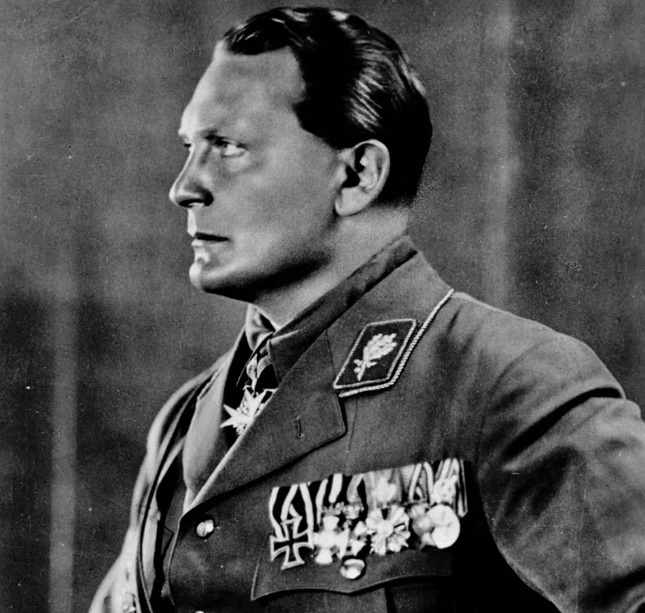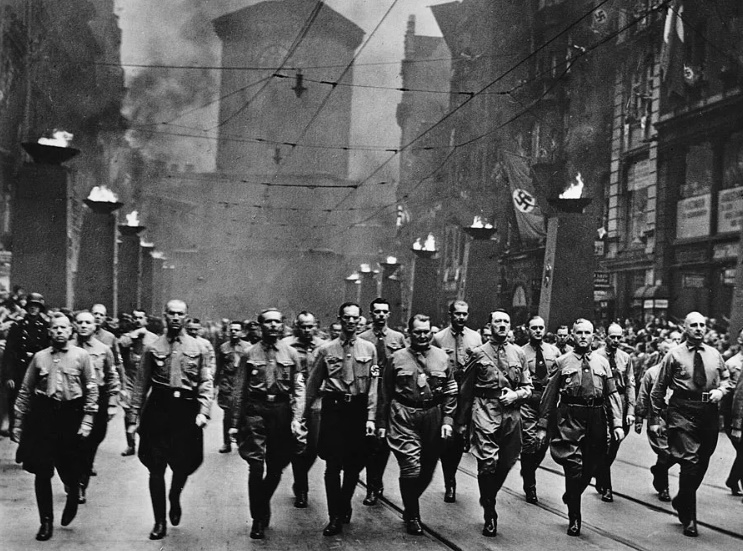He was dismissed from the Nazi party
One of the interesting facts about Hermann Goering is that he was dismissed from the Nazi party. Goering had reached the peak of his authority and power by 1941. After the Luftwaffe failed to stop the Allied bombardment of German towns and the resupply of encircled Axis forces in Stalingrad, Goering's standing with Hitler and the German public deteriorated as the Second World War went on. Around that time, Goering began to further distance himself from military and political concerns in order to focus on gathering goods and artwork, much of which was taken from Jewish Holocaust victims.
As the Soviets approached Berlin, Hitler's efforts to organize the city's defense proved increasingly fruitless. His final birthday, on 20 April 1945, was the occasion for many prominent Nazis, including Göring, to depart the Führerbunker in Berlin. By this time, Goering's hunting lodge Carinhall had been evacuated, the building had been destroyed, and the art treasures had been relocated to Berchtesgaden and elsewhere. Goering landed at his Obersalzberg house on the same day that Hitler, in a lengthy rant against his generals, officially confessed that the war was lost and that he meant to stay in Berlin until the end and then commit suicide. He also said that Göring was in a better position to negotiate a peace treaty.
On 22 April 1945, after learning that Hitler intended to commit suicide, Goering sent Hitler a telegram requesting permission to assume control of the Reich. Hitler considered Goering's request to be an act of treason and removed him from all positions, dismissed him from the party, and ordered his arrest.







